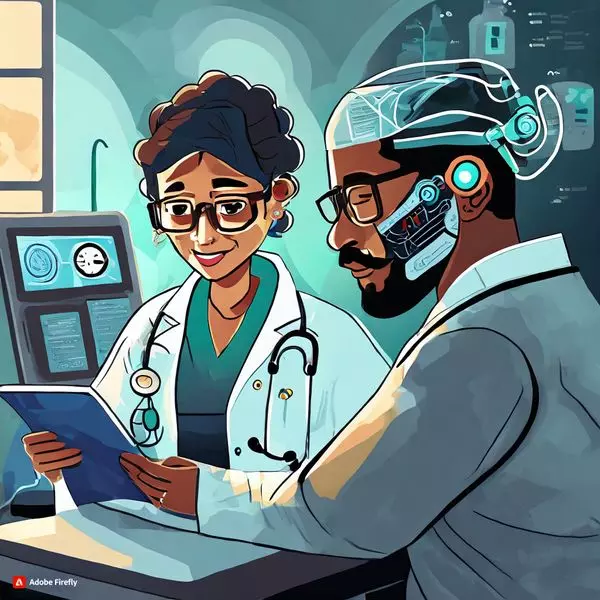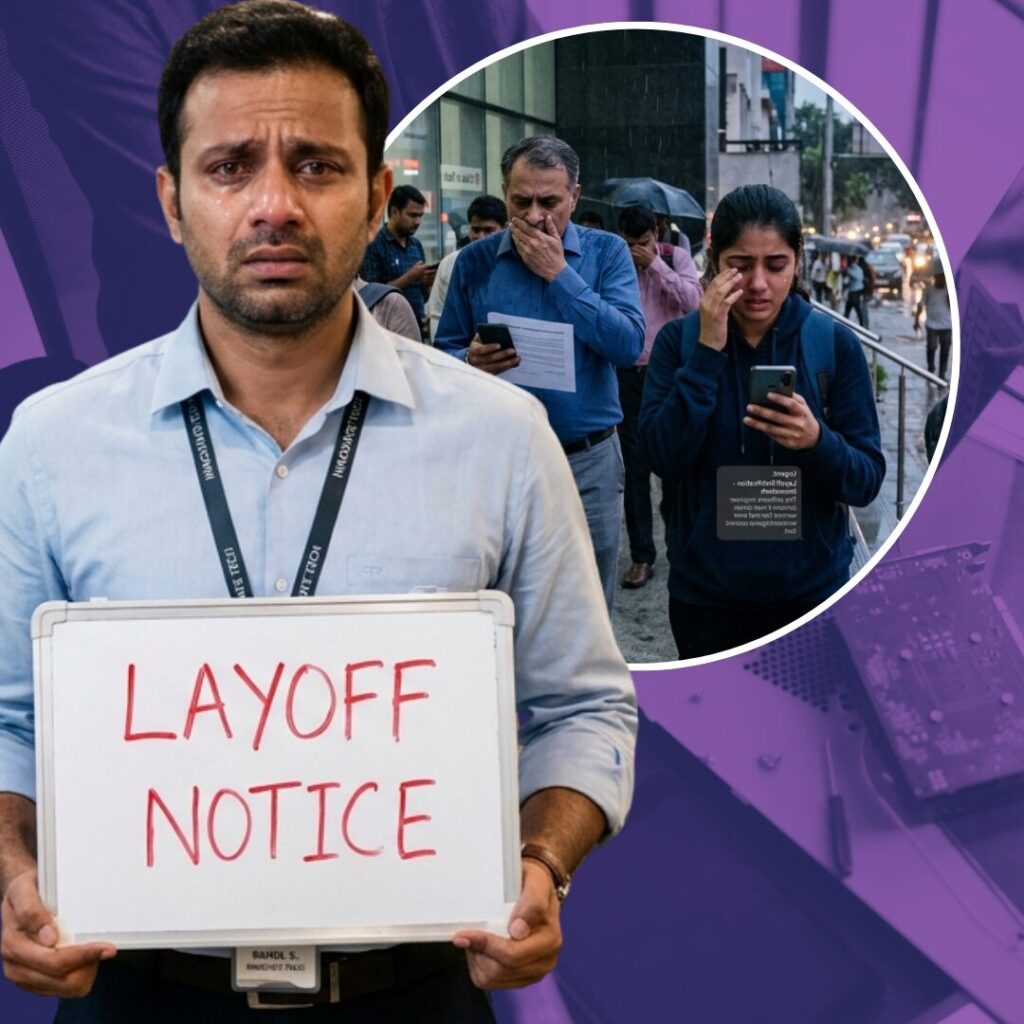As the healthcare industry grapples with persistent challenges such as inflation, workforce shortages, and the ongoing impact of COVID-19, artificial intelligence (AI) is stepping into a pivotal role akin to essential diagnostic tools like blood tests and X-rays. In the complex landscape of 2023, healthcare workers find themselves amidst mounting pressures, exacerbated by an aging population and a wave of retiring physicians. AI is increasingly becoming a beacon of hope, easing the burden on medical teams and transforming patient care. This article explores the profound impact of AI on the healthcare sector and its role in delivering more efficient and personalized healthcare services.
Artificial intelligence has become a driving force in reshaping the healthcare industry, revolutionizing everything from drug development to telehealth. In an era where technology is advancing at an unprecedented pace, AI stands out for its ability to enhance data capture, streamline diagnoses, and ultimately improve patient outcomes.
The Role of Artificial Intelligence in Healthcare:
In a world that continually evolves, healthcare is no exception to the transformative influence of artificial intelligence. Beyond being a hot topic in tech conversations, AI has made significant strides in healthcare, enabling rapid and accurate data capture for timely diagnoses. By shifting away from untested, long-term solutions, healthcare organizations are concentrating on short-term benefits, optimizing processes, and augmenting the capabilities of their medical teams.
Improving the Patient Experience:
One of the most remarkable impacts of AI in healthcare is its contribution to the overall patient experience. Patients now receive personalized care tailored to their unique needs, thanks to AI’s ability to predict needs, identify health risks, and create personalized treatment plans. This shift toward individualized care not only enhances patient outcomes but also fosters a more positive healthcare experience.
Enhancing Patient-Provider Interactions:
AI is increasingly utilized to improve communication between healthcare professionals and patients. Natural Language Processing (NLP) algorithms enable computers to understand and interpret human language, facilitating more effective communication and analysis of patient data. This innovation contributes to improved patient outcomes and satisfaction.
Monitoring Vital Signs and Proactive Care:
Automation of vital sign monitoring through AI is addressing the challenge of accurately recording patient data manually. Virtual monitoring assists clinicians in gaining real-time insights into patients’ states, promoting proactive care delivery. This not only allows for treatment prioritization but also ensures patients receive timely care, regardless of their location.
Diagnosing and Treating Through AI:
AI is making significant contributions to diagnostic processes, identifying potential health risks and diseases. By analyzing medical images, such as X-rays and MRIs, AI-powered tools provide quicker and more accurate results, improving the efficiency of diagnosis and treatment recommendations. Additionally, AI is assisting in predicting disease development based on patterns identified through machine learning algorithms.
Streamlining Discharge Processes:
Efficiency in patient discharge is a key focus for healthcare facilities. AI streamlines the discharge management process, providing insights into future capacity constraints and orchestrating discharge activities. This automation minimizes delays and ensures seamless communication among care teams, ultimately enhancing hospital efficiency.
Identifying Patients at Risk:
AI tools enable medical professionals to identify patients at risk of developing certain diseases, facilitating earlier intervention and personalized care. These tools not only assist in preventative care but also estimate the cost of patient experiences for specific cases, aiding in treatment planning.
As artificial intelligence continues to evolve, its impact on the healthcare industry becomes increasingly evident. From personalized patient care to streamlined administrative processes, AI is transforming the way healthcare is delivered. The future promises even greater advancements, and collaboration with AI development companies is key to staying at the forefront of these innovations. In the realm of healthcare, AI is not just a technological marvel; it is a lifeline, offering hope for a more efficient, patient-centric, and technologically empowered future.
Also Read: Draft Of Citizenship Amendment Act Likely By March 30, 2024, Says Union Minister













